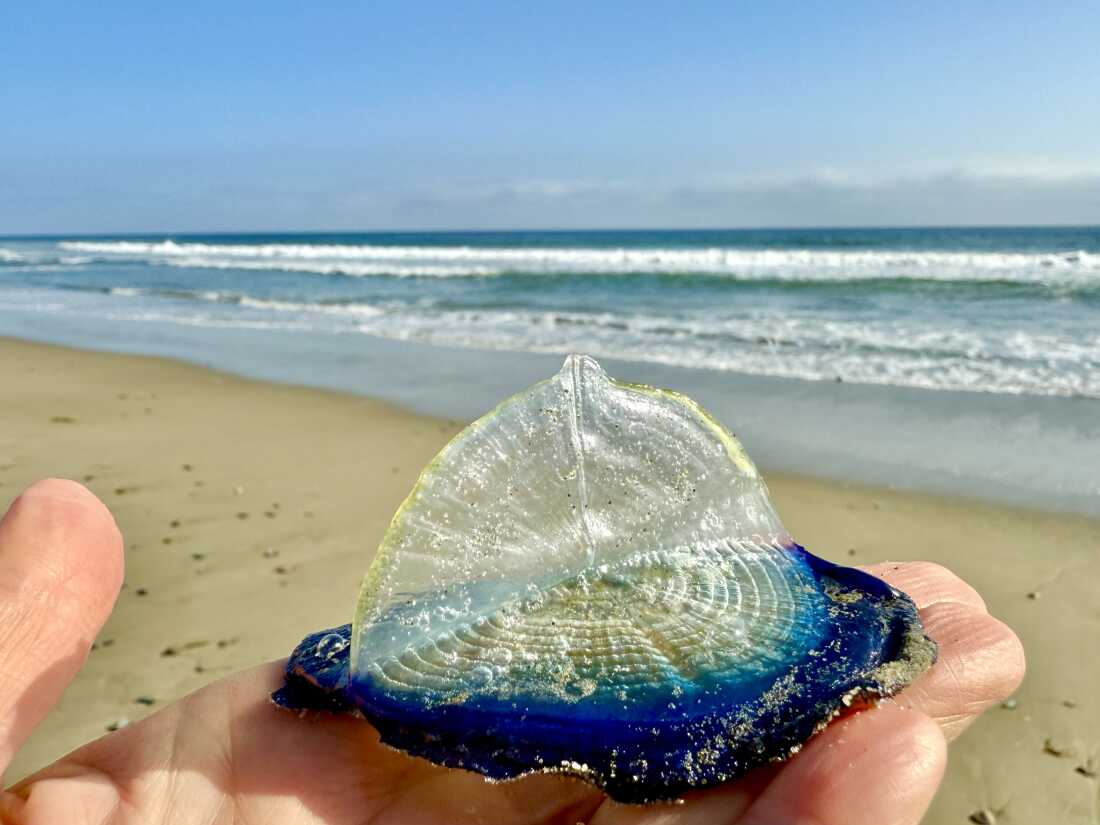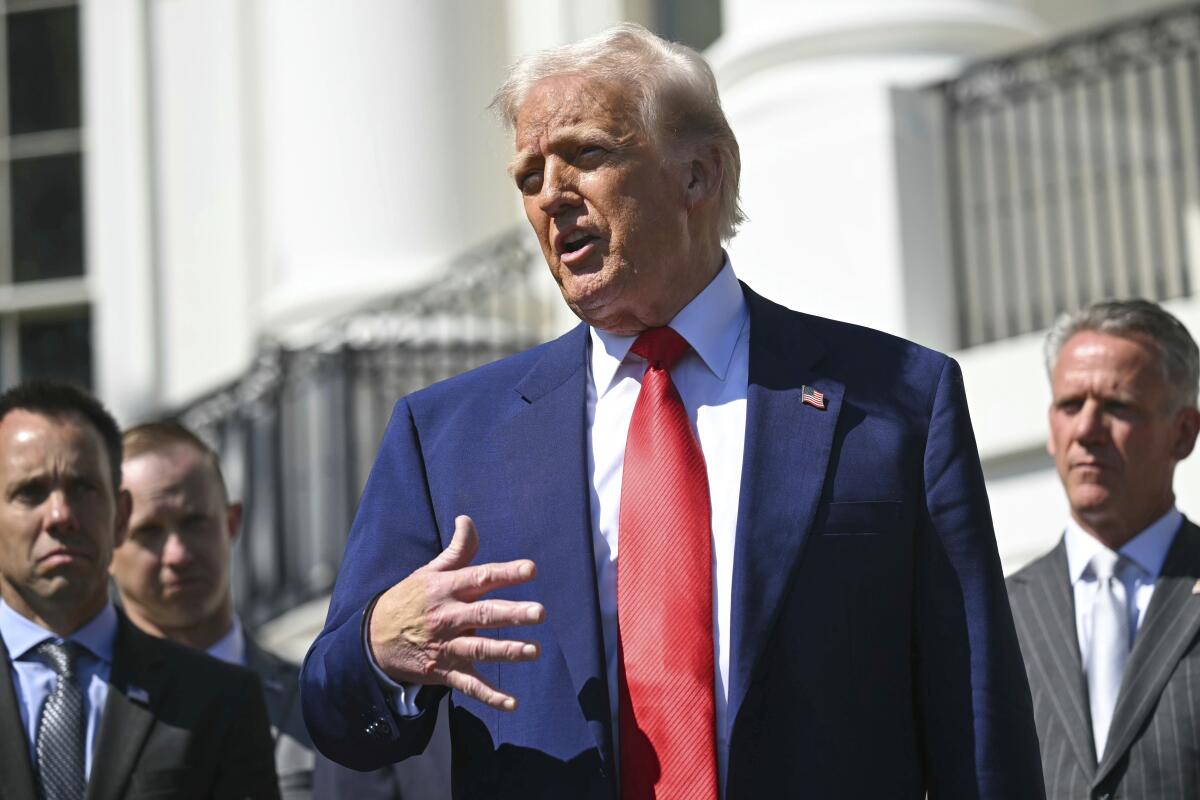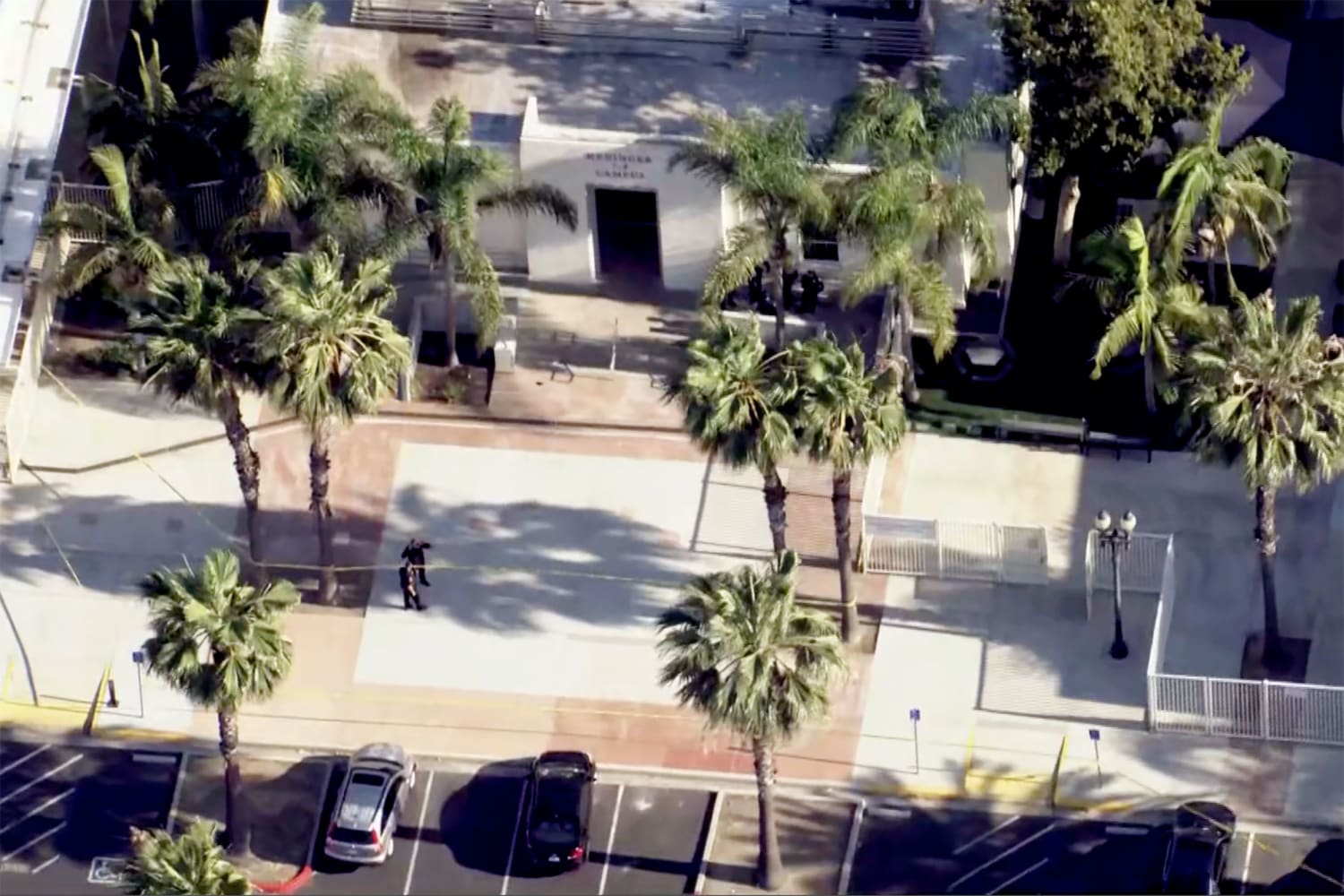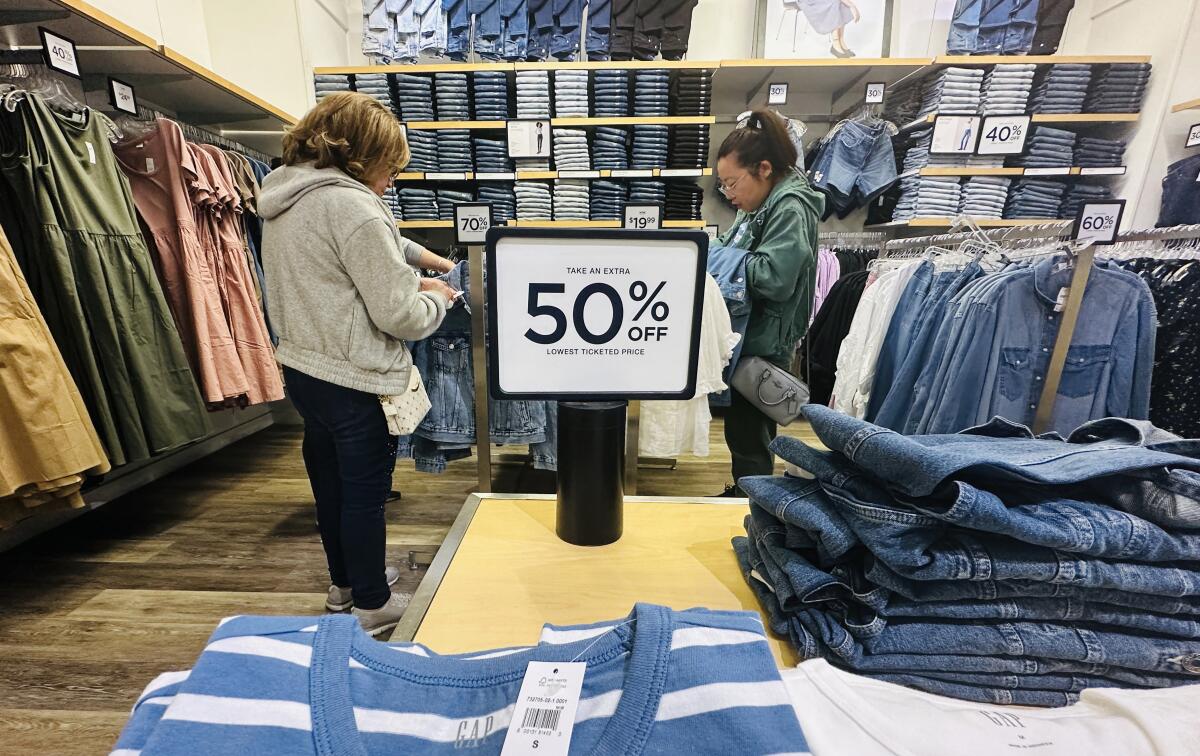Executive Summary
- Xi Jinping's visit to Moscow underscores the strong relationship between China and Russia, but complicates China's efforts to improve ties with Europe.
- The visit occurs during Victory Day celebrations, with Xi as the guest of honor, highlighting the historical ties between the two nations and their shared perspective on resisting external interference.
- China's attempts to portray itself as a neutral party in the Ukraine conflict are challenged by its continued support for Russia, leading to accusations of providing economic and diplomatic assistance.
Event Overview
Chinese President Xi Jinping visited Moscow for a three-day trip, coinciding with the 80th anniversary of the Soviet Union's victory over Nazi Germany, marked by the Victory Day parade. The visit, occurring amidst the ongoing conflict in Ukraine, highlights the deepening ties between China and Russia, who have declared a 'no-limits partnership'. While China seeks to portray itself as a neutral mediator in the conflict, its close relationship with Russia has drawn criticism from Western governments and Ukraine, raising concerns about China's role in supporting Russia's war efforts.
Media Coverage Comparison
| Source | Key Angle / Focus | Unique Details Mentioned | Tone |
|---|---|---|---|
| The New York Times | The visit's impact on China's relationship with Europe in light of the Ukraine war and trade tensions with the US. | Highlights Xi's attempt to draw parallels between fascism and 'American bullying'. | Analytical and critical, focusing on the geopolitical implications. |
| The Moscow Times | Xi's visit as a show of support for Putin and the strengthening of the China-Russia partnership. | Mentions Putin ordering a three-day ceasefire and Ukraine's response; China sending 102 soldiers for the Victory Day parade; Zelensky's accusation of China supplying arms. | Factual and informative, with a focus on the event's details and political context. |
Key Details & Data Points
- What: Xi Jinping's visit to Moscow for Victory Day celebrations and meetings with Vladimir Putin.
- Who: Xi Jinping, Vladimir Putin, Ukrainian President Volodymyr Zelensky, and leaders from 29 foreign countries.
- When: May 7, 2025 (visit began); May 9, 2025 (Victory Day parade).
- Where: Moscow, Russia (Red Square and Kremlin).
Key Statistics:
- Key statistic 1: 80th anniversary of the Soviet Union's victory over Nazi Germany.
- Key statistic 2: 102 Chinese soldiers participated in the Victory Day parade.
- Key statistic 3: Over 20 million civilian and military deaths in the Soviet Union during World War II (Great Patriotic War).
Analysis & Context
Xi Jinping's visit to Moscow is a strategic move that reinforces the 'no-limits partnership' between China and Russia. However, it simultaneously presents challenges for China's foreign policy. By aligning with Russia, China risks alienating European nations and undermining its efforts to be seen as a neutral mediator in the Ukraine conflict. The visit also highlights the growing tensions between China and the United States, with trade disputes and differing views on global governance shaping the geopolitical landscape. The long-term implications of this visit will depend on how China balances its relationship with Russia against its economic and diplomatic interests in Europe and the broader international community.
Notable Quotes
We must learn from history, draw wisdom and strength from the profound lessons of the Second World War and the great victory of the anti-fascist war, resolutely oppose all forms of hegemony and power politics, and jointly create a better future for mankind.
The two sides should jointly resist any attempt to interfere with and undermine the China-Russia friendship and mutual trust, not be confused by temporary events or disturbed by the rough seas and use the certainty and resilience of China-Russia strategic cooperation to jointly promote the process of world multipolarization and the building of a community with a shared future for mankind.
Conclusion
Xi Jinping's deepening alignment with Russia, showcased by his Moscow visit, presents a multifaceted challenge for China's foreign policy, demanding a delicate balancing act. Solidifying the 'no-limits partnership' reinforces perceptions of Chinese support for Russia's actions in Ukraine, potentially alienating Europe and complicating economic relations, especially amid growing concerns about China's role in prolonging the conflict. This alignment occurs as China seeks to position itself as a global leader and advocate for a multipolar world, challenging the U.S.-led order, yet it risks undermining its broader ambitions and credibility if it's perceived as undermining international norms and stability. Successfully navigating this complex geopolitical landscape requires China to carefully weigh its strategic interests, manage relations with Russia, Europe, and the United States, and address concerns about its commitment to sovereignty and territorial integrity in the face of the ongoing war in Ukraine.
Disclaimer: This article was generated by an AI system that synthesizes information from multiple news sources. While efforts are made to ensure accuracy and objectivity, reporting nuances, potential biases, or errors from original sources may be reflected. The information presented here is for informational purposes and should be verified with primary sources, especially for critical decisions.









